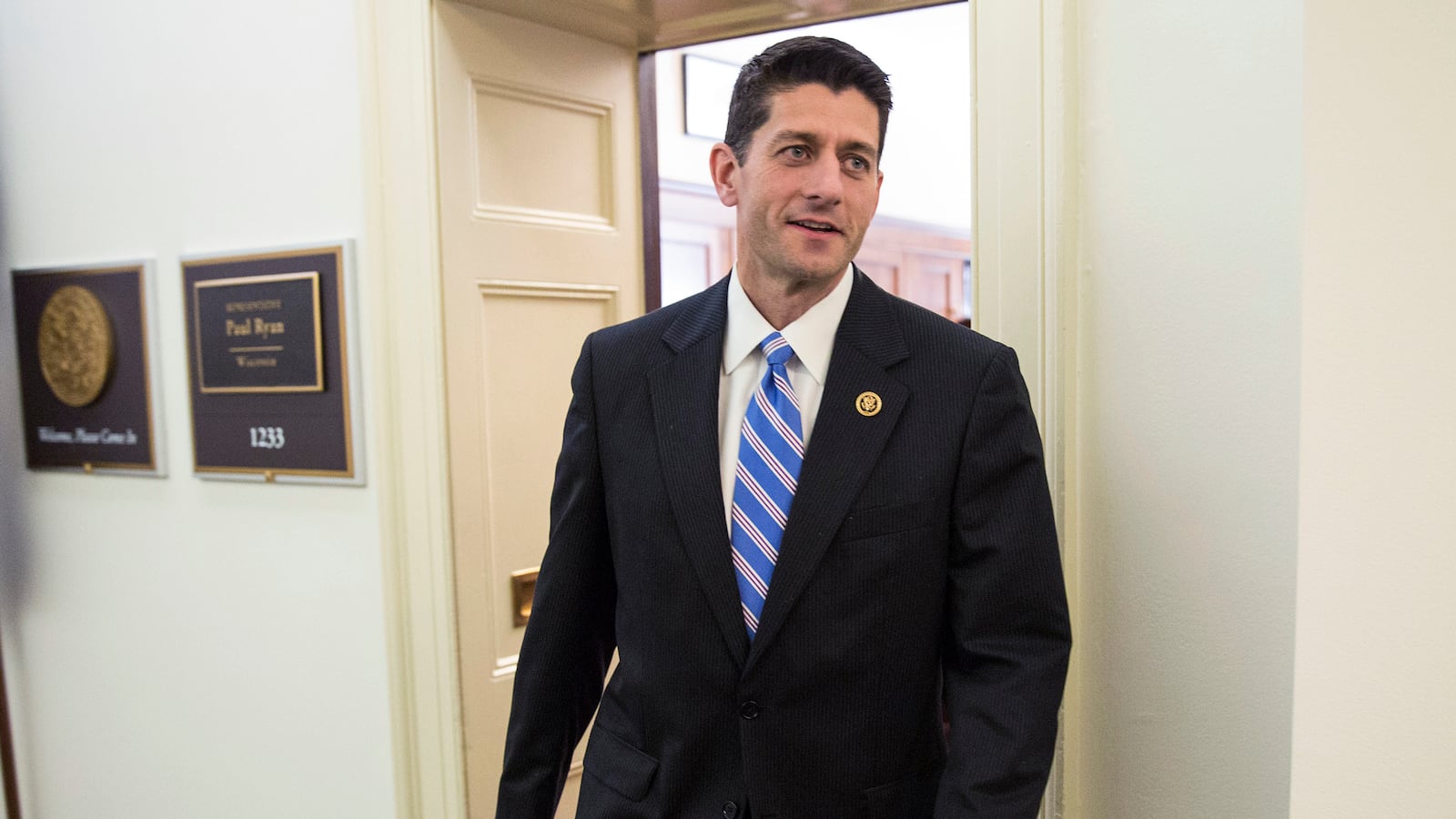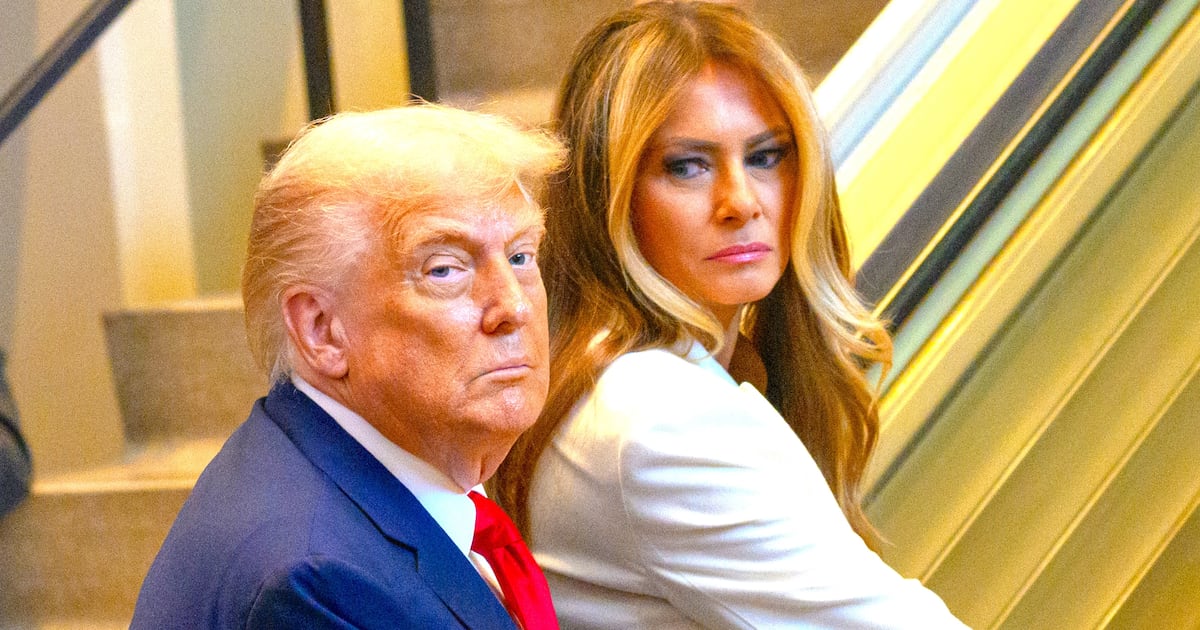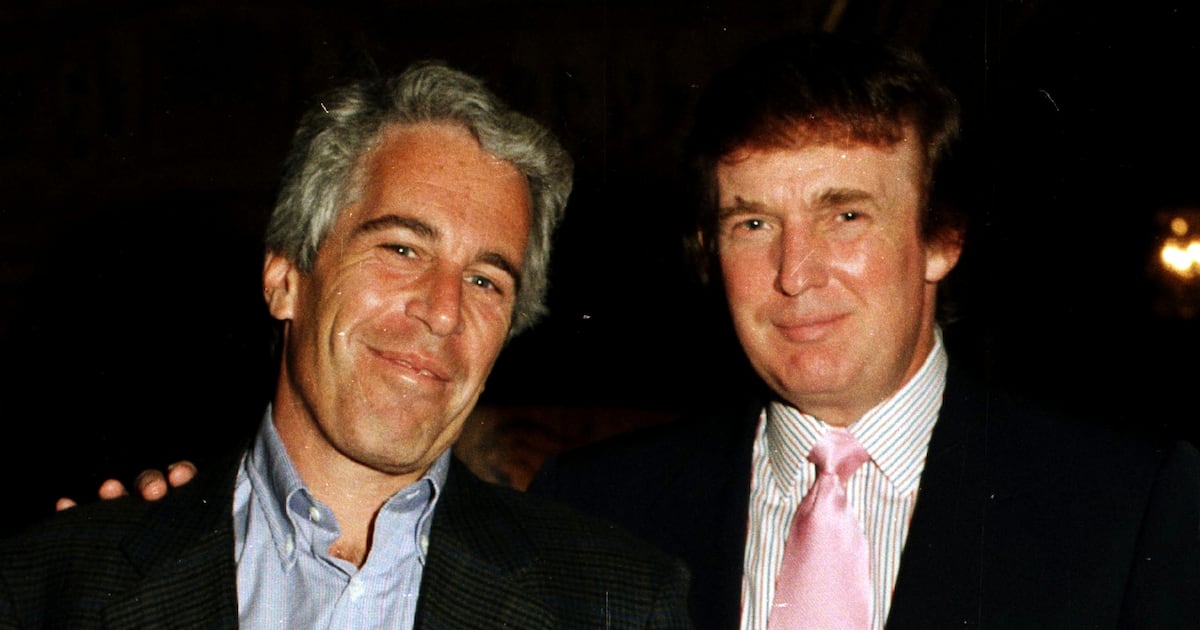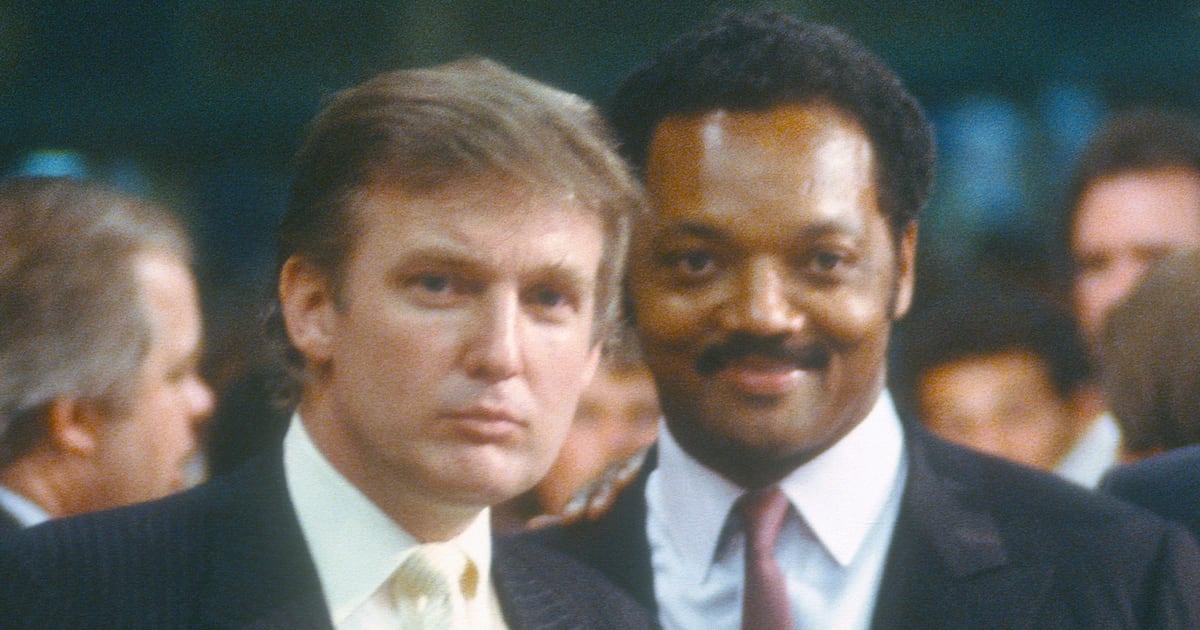There’s a lot of range between being a heartless, grandma-murdering ideologue and being an effete, squishy RINO—but in a short period of time, Paul Ryan has run the gamut. What is interesting is that this has happened in a relatively short period of time—and that Ryan hasn’t undergone any sort of David Brockian-type worldview change that would warrant labeling him an apostate.
It’s important to establish two things. First, even when the Tea Party set loved him, Paul Ryan was never a perfect conservative. And second, Ryan was, and continues to be, a very good conservative—and he would certainly be the most conservative Speaker of the House in modern history.
Let’s begin with conceding the fact that Ryan’s voting record has its blemishes. In fact, way back in February of 2010, I wrote a column taking Ryan to task for having voted for the Troubled Asset Relief Program (TARP), the auto-bailout, and for a confiscatory tax on CEO bonuses. The column was controversial enough to draw a response from Ryan. There was some pushback from conservatives, too. A couple guys from the Heritage Foundation and (now) Heritage Action weren’t happy with me.
As a free marketer, Ryan’s votes struck me as alarming—not disqualifying—but certainly worth noting. Interestingly, though, the self-proclaimed “truuu” conservatives didn’t bat an eyelash. In fact, long after Ryan’s not-so-fiscally-conservative votes, Tea Party conservative heroes were applauding him.
Sarah Palin gushed that she was “very impressed” with him. “Man, he is sharp, he is smart, articulate and he is passionate about these common-sense solutions that America has got to adopt to get us on the right road,” Palin told Fox News.
Laura Ingraham (who now calls him “Boehner 2.0”) once declared “Mitt Romney made a fine pick in Paul Ryan,” adding: “More than anything today, we need a man with courage and clear-thinking. Ryan has both.” Radio host Mark Levin (who says the hated Bush establishment wants Ryan as Speaker) previously called Ryan a great VP pick. Ann Coulter (who is now attacking Ryan and his dead mentor, Jack Kemp) called Paul Ryan the “perfect” pick for Mitt Romney in 2012.
Despite the fact that, as previously noted, Ryan’s voting record (especially on high-profile fiscal issues) isn’t perfect, conservatives should compare it to the alternatives. A closer look demonstrates that Ryan’s overall record is quite conservative, even when you compare it to his supposedly more right-wing challengers in the Speaker’s race.
Of course, the pundit hypocrisy and pattern of flip-flopping doesn’t just stop with Ryan. Many of the pundits bashing him carried water for George W. Bush’s big spending ways back when being a Bush apologist made sense. Many of them were (or are) big fans of Mitt Romney—you know, the guy who gave us “Romneycare.” And many of them (OK, all of them?) seem to think that Donald Trump (whose liberal positions are legion) is a great conservative, while Paul Ryan somehow is not.
So what explains this radical shift?
The first reason is that there are perverse incentives for conservative pundits to say and do things that are radical. This is a “tragedy of the commons” problem; the individual pundits benefit professionally, while conservatism and the GOP are collectively harmed.
In order to compete and garner ratings and clicks, it seems that today’s conservative provocateurs are increasingly following—not leading—their increasingly rabid audiences.
Of course, these pundits will claim that Paul Ryan has become a horrible establishment liberal in recent years—after their glowing praise of him. And, in fact, there are examples one could point to. For example, he championed the Ryan-Murray budget plan that many conservatives objected to because (among the reasons) it would do away with some of the sequestration cuts.
So, just for fun, let’s assume that Ryan has changed since 2012. Doesn’t the fact that these conservative pundits and talk radio hosts were so effusive in their praise of a guy who immediately sold them out raise the question of whether or not we can trust their judgment?
I mean, if they were so wrong about Paul Ryan, why should we believe them when they tell us that so and so is the next great conservative rock star?
The second thing to note is that the GOP is at a crossroads. This is not entirely new. But once the conservative battle against the “establishment” was about ideology; the “Rockefeller Republicans” really were liberals. Today, the fight isn’t about political philosophy. It’s not about right versus left, but us versus them. Being an institutionalist (someone who doesn’t want to figuratively burn everything down) is tantamount to being a liberal. Believing in prudence, experience, and wisdom once defined being a Burkean conservative; today, those values label you a RINO.
We have also seen a shift in terms of issues. In some cases, this isn’t a matter of certain issues taking on a higher priority, but a compete reversal of which issues constitute as “conservative.” Free trade and entitlement reform were once pretty important for conservatives. Today, Donald Trump—the new Mr. Conservative?—loudly opposes both. Being against tax hikes and abortion used to make one a conservative in good standing. Today, Trump wants to raise taxes on the rich, and Ann Coulter says Trump can perform abortions in the White House—so long as he deports all the illegal immigrants.
Which brings us to the obvious point. Much of this boils down to Paul Ryan’s past support for immigration reform—and the fact that this has become the one and only litmus test for populist conservatives.
The point here is that Paul Ryan hasn’t really changed; in a very short span of time, the conservative movement has dramatically shifted in a populist direction, and that means embracing positions on trade, taxes, and entitlements that were thought of as rather left-wing just a few years ago. The story here is but a microcosm of a larger struggle for the future of the GOP (a story I tell in much greater detail in my upcoming book, Too Dumb to Fail.)
This is a time for choosing. In a year, it’s possible the Republican Party will control the White House, the Senate, and the House. And it’s possible that charismatic young leaders like Marco Rubio and Paul Ryan will be helping the GOP transcend its current base, which almost solely includes older, white, rural, married Americans, and win the 21st century. Or it’s possible we will go another direction—the more populist (and liberal) Donald Trump direction, where white identity politics and protectionism rule the day.
Your call, conservatives.






